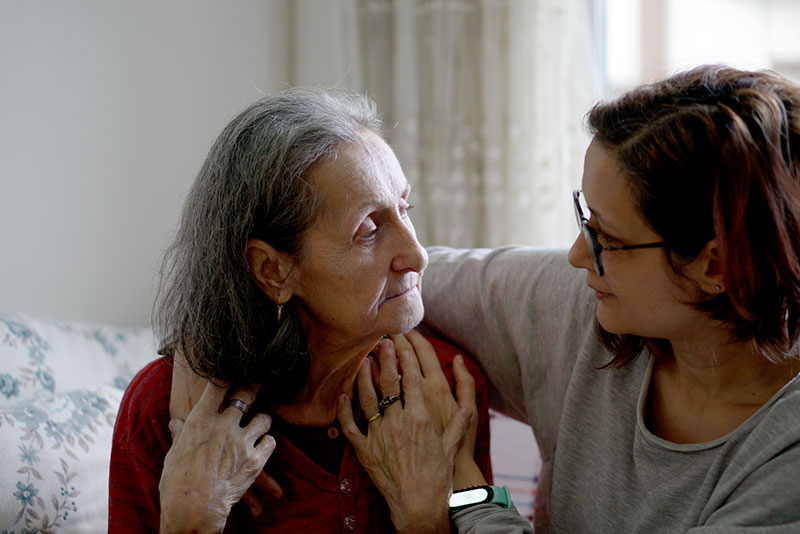
Dementia is a challenging condition that affects millions of individuals and their families worldwide. It can be an emotional and physical journey filled with uncertainty, but with the right approach and support, it is possible to provide compassionate care for those living with dementia. In this newsletter edition, we will explore some essential tips and strategies to help families and caregivers navigate the complexities of dementia care.
Understanding Dementia
Dementia is not a single disease but a term used to describe a range of cognitive impairments that affect memory, thinking, and daily functioning. The most common form of dementia is Alzheimer’s disease, but there are many other types, each with its own unique characteristics. It’s crucial to understand the specific type of dementia your loved one is dealing with to tailor your care approach accordingly.
Empathy and Communication
Effective communication is the cornerstone of dementia care. Individuals with dementia may have difficulty expressing themselves or comprehending conversations. Here are some tips for enhancing communication:
- Use simple and clear language.
- Maintain eye contact and speak slowly.
- Listen actively and be patient.
- Avoid arguing or correcting their memory lapses.
- Offer reassurance and validate their feelings.
Create a Supportive Environment
Adapting the living environment to the needs of a person with dementia is essential. Make the home safer by removing hazards and using labels and signs to help with orientation. Create a routine and stick to it as much as possible, as this can provide a sense of security and predictability.
Promote Independence
While it’s essential to provide assistance, it’s equally important to encourage independence and maintain a sense of dignity. Break down tasks into manageable steps, and provide gentle guidance when necessary. Allow them to participate in activities they enjoy to the best of their ability.
Seek Professional Help and Respite Care
Caring for someone with dementia can be emotionally and physically draining. It’s crucial to recognize your own limitations and seek support when needed. Consider joining a caregiver support group, consulting with healthcare professionals, or exploring respite care options to give yourself a well-deserved break.
Self Care for Caregivers
Taking care of your loved one is essential, but it’s equally crucial to care for yourself. Prioritize self-care, maintain a healthy lifestyle, and seek emotional support from friends and family. Remember that you are not alone on this journey, and seeking help is a sign of strength, not weakness.
Stay Educated and Informed
Dementia care is a constantly evolving field. Stay informed about the latest research, treatments, and caregiving techniques. The more knowledge you have, the better equipped you will be to provide the best care possible.
Conclusion
Caring for someone with dementia can be challenging, but it is also an opportunity to show love, patience, and compassion. With empathy, effective communication, and a supportive environment, you can improve the quality of life for both your loved one and yourself. Remember that you are making a significant difference in their life, and your dedication is truly admirable.



